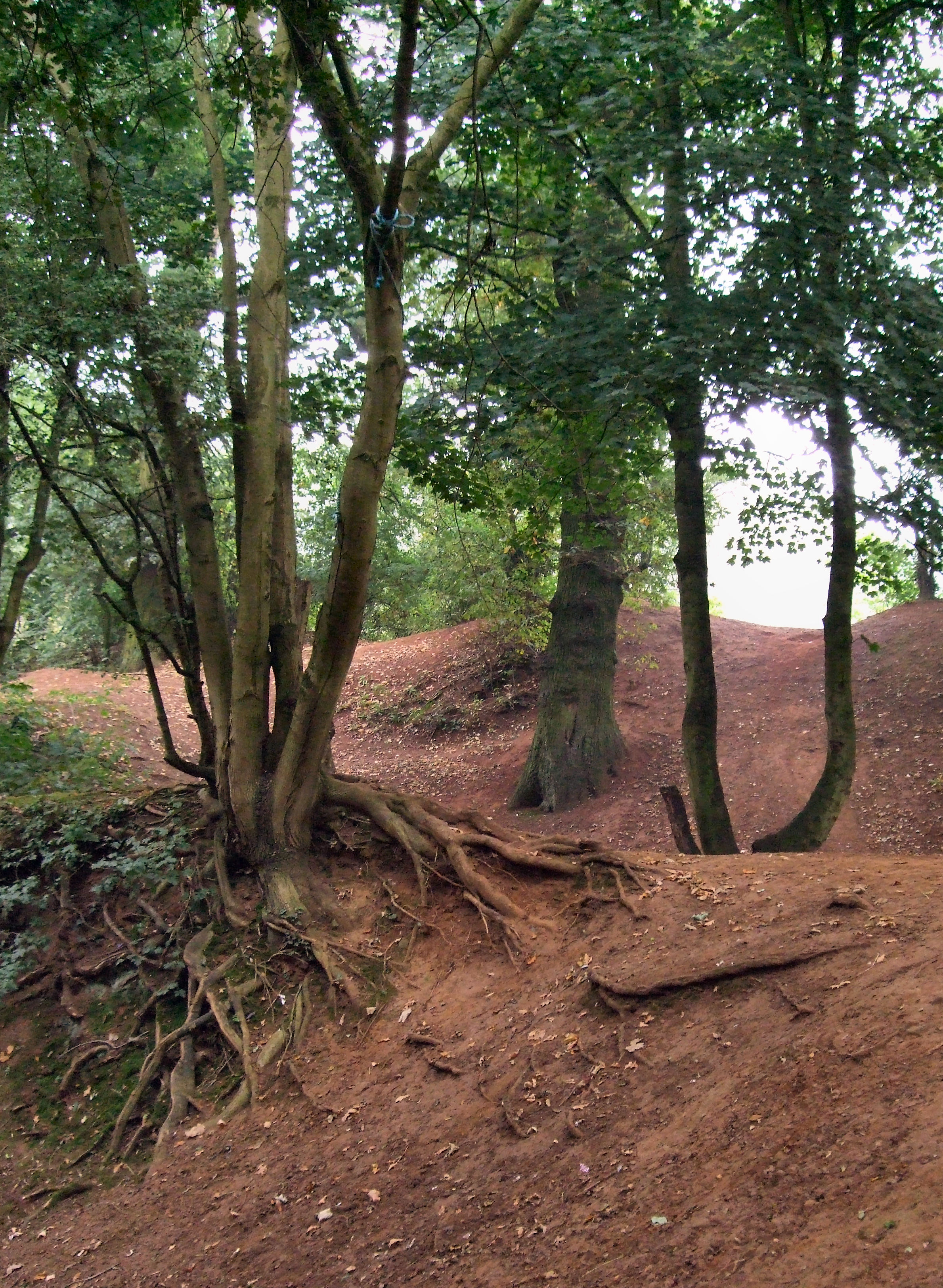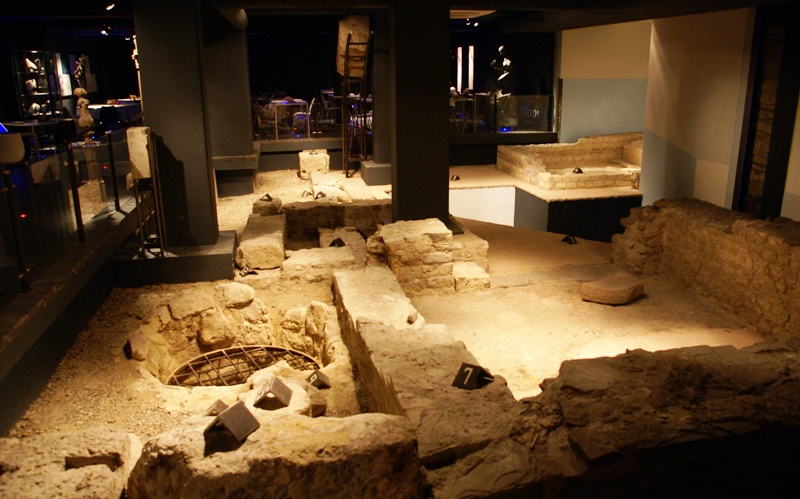|
Val Archer
Val Archer (born 1946) is a British oil painter and teacher who is known for her meticulously composed still life paintings. Biography Archer was born in Northampton where her father was an engineer and her mother was a bookbinder. Archer attended Saturday morning art classes taught by Henry Bird at the Northampton School for Art. She studied at the Manchester School of Art from 1964 until 1968 when she entered the Royal College of Art, RCA. At the RCA Archer won the Anstruther Prize for painting in 1970 before graduating the following year. After graduating, Archer undertook several commercial commissions and also held a number of visiting lectureships throughout her career. Her teaching included courses at the Crawford School of Art in Cork and at Cardiff College of Art. She also spent time teaching at the art schools in Chelsea, at Goldsmiths' College, Sheffield and Wolverhampton. Archer's commercial work included a 1982 poster design for British Rail and designs for the B ... [...More Info...] [...Related Items...] OR: [Wikipedia] [Google] [Baidu] |
Northampton
Northampton () is a market town and civil parish in the East Midlands of England, on the River Nene, north-west of London and south-east of Birmingham. The county town of Northamptonshire, Northampton is one of the largest towns in England; it had a population of 212,100 in its previous local authority in the 2011 census (225,100 as of 2018 estimates). In its urban area, which includes Boughton and Moulton, it had a population of 215,963 as of 2011. Archaeological evidence of settlement in the area dates to the Bronze Age, Romans and Anglo-Saxons. In the Middle Ages, the town rose to national significance with the establishment of Northampton Castle, an occasional royal residence which regularly hosted the Parliament of England. Medieval Northampton had many churches, monasteries and the University of Northampton, all enclosed by the town walls. It was granted a town charter by Richard I in 1189 and a mayor was appointed by King John in 1215. The town was also the si ... [...More Info...] [...Related Items...] OR: [Wikipedia] [Google] [Baidu] |
British Rail
British Railways (BR), which from 1965 traded as British Rail, was a state-owned company that operated most of the overground rail transport in Great Britain from 1948 to 1997. It was formed from the nationalisation of the Big Four (British railway companies), Big Four British railway companies, and was privatisation of British Rail, privatised in stages between 1994 and 1997. Originally a trading brand of the Railway Executive of the British Transport Commission, it became an independent statutory corporation in January 1963, when it was formally renamed the British Railways Board. The period of nationalisation saw sweeping changes in the railway. A process of dieselisation and Railway electrification in Great Britain, electrification took place, and by 1968 steam locomotives had been entirely replaced by diesel and electric traction, except for the Vale of Rheidol Railway (a narrow-gauge railway, narrow-gauge tourist line). Passenger train, Passengers replaced freight train, ... [...More Info...] [...Related Items...] OR: [Wikipedia] [Google] [Baidu] |
Alumni Of The Royal College Of Art
Alumni (singular: alumnus (masculine) or alumna (feminine)) are former students of a school, college, or university who have either attended or graduated in some fashion from the institution. The feminine plural alumnae is sometimes used for groups of women. The word is Latin and means "one who is being (or has been) nourished". The term is not synonymous with "graduate"; one can be an alumnus without graduating ( Burt Reynolds, alumnus but not graduate of Florida State, is an example). The term is sometimes used to refer to a former employee or member of an organization, contributor, or inmate. Etymology The Latin noun ''alumnus'' means "foster son" or "pupil". It is derived from PIE ''*h₂el-'' (grow, nourish), and it is a variant of the Latin verb ''alere'' "to nourish".Merriam-Webster: alumnus .. Separate, but from ... [...More Info...] [...Related Items...] OR: [Wikipedia] [Google] [Baidu] |
Alumni Of Manchester Metropolitan University
Alumni (singular: alumnus (masculine) or alumna (feminine)) are former students of a school, college, or university who have either attended or graduated in some fashion from the institution. The feminine plural alumnae is sometimes used for groups of women. The word is Latin and means "one who is being (or has been) nourished". The term is not synonymous with "graduate"; one can be an alumnus without graduating (Burt Reynolds, alumnus but not graduate of Florida State, is an example). The term is sometimes used to refer to a former employee or member of an organization, contributor, or inmate. Etymology The Latin noun ''alumnus'' means "foster son" or "pupil". It is derived from PIE ''*h₂el-'' (grow, nourish), and it is a variant of the Latin verb ''alere'' "to nourish".Merriam-Webster: alumnus .. Separate, but from the s ... [...More Info...] [...Related Items...] OR: [Wikipedia] [Google] [Baidu] |
21st-century English Women Artists
The 1st century was the century spanning AD 1 ( I) through AD 100 ( C) according to the Julian calendar. It is often written as the or to distinguish it from the 1st century BC (or BCE) which preceded it. The 1st century is considered part of the Classical era, epoch, or historical period. The 1st century also saw the appearance of Christianity. During this period, Europe, North Africa and the Near East fell under increasing domination by the Roman Empire, which continued expanding, most notably conquering Britain under the emperor Claudius (AD 43). The reforms introduced by Augustus during his long reign stabilized the empire after the turmoil of the previous century's civil wars. Later in the century the Julio-Claudian dynasty, which had been founded by Augustus, came to an end with the suicide of Nero in AD 68. There followed the famous Year of Four Emperors, a brief period of civil war and instability, which was finally brought to an end by Vespasian, ninth Roman emper ... [...More Info...] [...Related Items...] OR: [Wikipedia] [Google] [Baidu] |
21st-century British Painters
The 1st century was the century spanning AD 1 ( I) through AD 100 ( C) according to the Julian calendar. It is often written as the or to distinguish it from the 1st century BC (or BCE) which preceded it. The 1st century is considered part of the Classical era, epoch, or historical period. The 1st century also saw the appearance of Christianity. During this period, Europe, North Africa and the Near East fell under increasing domination by the Roman Empire, which continued expanding, most notably conquering Britain under the emperor Claudius (AD 43). The reforms introduced by Augustus during his long reign stabilized the empire after the turmoil of the previous century's civil wars. Later in the century the Julio-Claudian dynasty, which had been founded by Augustus, came to an end with the suicide of Nero in AD 68. There followed the famous Year of Four Emperors, a brief period of civil war and instability, which was finally brought to an end by Vespasian, ninth Roman emperor ... [...More Info...] [...Related Items...] OR: [Wikipedia] [Google] [Baidu] |
Living People
Related categories * :Year of birth missing (living people) / :Year of birth unknown * :Date of birth missing (living people) / :Date of birth unknown * :Place of birth missing (living people) / :Place of birth unknown * :Year of death missing / :Year of death unknown * :Date of death missing / :Date of death unknown * :Place of death missing / :Place of death unknown * :Missing middle or first names See also * :Dead people * :Template:L, which generates this category or death years, and birth year and sort keys. : {{DEFAULTSORT:Living people 21st-century people People by status ... [...More Info...] [...Related Items...] OR: [Wikipedia] [Google] [Baidu] |
1946 Births
Events January * January 6 - The first general election ever in Vietnam is held. * January 7 – The Allies recognize the Austrian republic with its 1937 borders, and divide the country into four occupation zones. * January 10 ** The first meeting of the United Nations is held, at Methodist Central Hall Westminster in London. ** '' Project Diana'' bounces radar waves off the Moon, measuring the exact distance between the Earth and the Moon, and proves that communication is possible between Earth and outer space, effectively opening the Space Age. * January 11 - Enver Hoxha declares the People's Republic of Albania, with himself as prime minister. * January 16 – Charles de Gaulle resigns as head of the French provisional government. * January 17 - The United Nations Security Council holds its first session, at Church House, Westminster in London. * January 19 ** The Bell XS-1 is test flown for the first time (unpowered), with Bell's chief test pilot Jack Woolams at th ... [...More Info...] [...Related Items...] OR: [Wikipedia] [Google] [Baidu] |
Anna Del Conte
Anna Del Conte (born 1925) is an Italian-born British food writer whose works cover the history of food as well as providing recipes. Resident in England since 1949, she has been influential in raising the country’s awareness of Italian cuisine: her 1976 ''Portrait of Pasta'' has been described as ‘the instrumental force in leading he Englishbeyond the land of spag bol, macaroni cheese and tinned ravioli’. Still in 2009 she remained critical of ‘Britalian’ cookery, however: mixing too many ingredients and suffering from the English palate’s liking for much stronger flavours, it lacked the subtleties of its Mediterranean original. Life and works Del Conte was born in 1925 into a prosperous and cultured Milanese family; her father was a stockbroker and Anglophile, while her mother, with whom she had a tempestuous relationship, was of ‘good aristocratic stock’. Born three years after the March on Rome, the Fascist state ideology was a consistent presence in her ea ... [...More Info...] [...Related Items...] OR: [Wikipedia] [Google] [Baidu] |
Maastricht
Maastricht ( , , ; li, Mestreech ; french: Maestricht ; es, Mastrique ) is a city and a municipality in the southeastern Netherlands. It is the capital and largest city of the province of Limburg. Maastricht is located on both sides of the Meuse ( nl, Maas), at the point where the Jeker joins it. Mount Saint Peter (''Sint-Pietersberg'') is largely situated within the city's municipal borders. Maastricht is about 175 km south east of the capital Amsterdam and 65 km from Eindhoven; it is adjacent to the border with Belgium and is part of the Meuse-Rhine Euroregion, an international metropolis with a population of about 3.9 million, which includes the nearby German and Belgian cities of Aachen, Liège and Hasselt. Maastricht developed from a Roman settlement (''Trajectum ad Mosam'') to a medieval religious centre. In the 16th century it became a garrison town and in the 19th century an early industrial centre. Today, the city is a thriving cultural and regional hub. It be ... [...More Info...] [...Related Items...] OR: [Wikipedia] [Google] [Baidu] |

.jpg)



